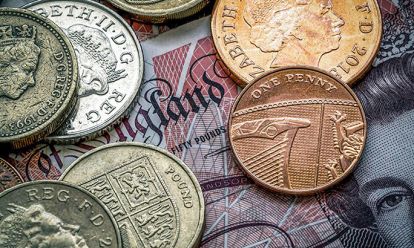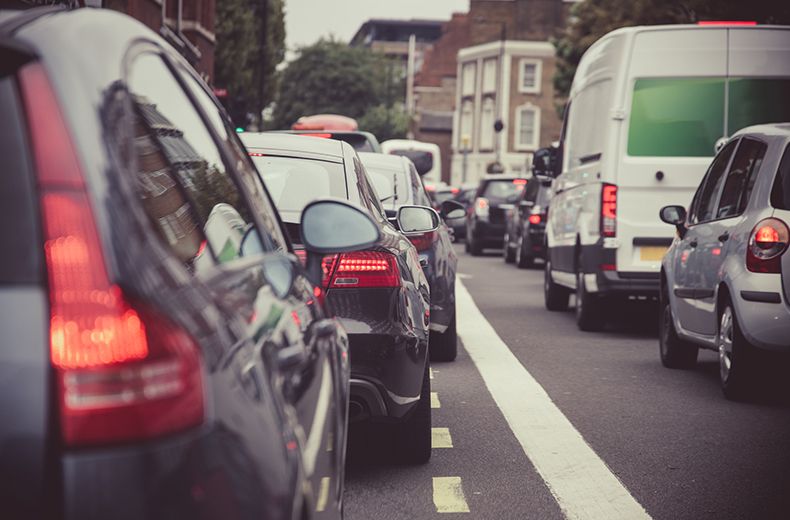Rising pollution levels and increased road fatalities appear likely if traffic numbers follow the same trend as other countries, where car use is already above previous peak levels.
Governments across the world have urged people to avoid public transport, leading to a surge in car use.
Stockholm and Wuhan have reported an increase in traffic compared to pre-pandemic figures, while roads in Paris and Berlin are almost as busy as they were before the pandemic.
Transport for London (TfL) figures show that the roads were 50% as busy at the end of March, with traffic climbing up to 68% of normal levels by mid-May and reaching 78% by the start of June.
A YouGov poll commissioned by Greenpeace UK last month found that 71% of people are concerned about the possibility of air pollution returning to pre-lockdown levels once restrictions are lifted – parts of the UK have reported up to 60% less air pollution as a result of reduced traffic.

RAC sale – up to 33% off*
• Roadside cover from £5.29 a month†
• We get to most breakdowns in 60 mins or less
• Our patrols fix 4/5 breakdowns on the spot

Tom-Tom’s congestion index gives a score of 100% when it would take double the time to make a journey on an empty road.
Congestion levels in Birmingham and Wolverhampton peaked at 75% before lockdown before dropping to 20% over the past three months.
However, an average measure for the year, which was 28% in 2019, has climbed from 8% in April to 11% over the last week.
- RAC lockdown car care: how to look after your car during the coronavirus crisis
- Coronavirus (COVID-19): Answering drivers’ questions
- Dependency on the car is increasing
Andy Street, Mayor of the West Midlands, said: “After three years of improving our public transport offering in the West Midlands and tempting people out of their cars, it is gutting to now have to tell these same people to only travel if it is essential, and … to start driving again.”
He added: “Air pollution is such a significant factor in the climate emergency we are facing, and we are only going to be able to tackle this in the longer term if we get people out of their cars and on to public transport, two wheels, and out using their two feet.”
The government announced a £2 billion boost to cycling and walking infrastructure just last month as they aim to provide for double the number of people walking and pedalling to work by 2025.
Busier roads could mean the end to a swathe of lockdown speeding offences, where motorists have pushed their cars to the limit on quieter streets.
Have you noticed a rise in cars on the road? Will you be ditching public transport and driving to work for the first time? Let us know in the comments.
Get 30 driving tips that will save you money
Running a car isn’t cheap, but there are some easy things you can do to keep your costs down. Get these tips and more useful driving articles sent straight to your inbox now.














